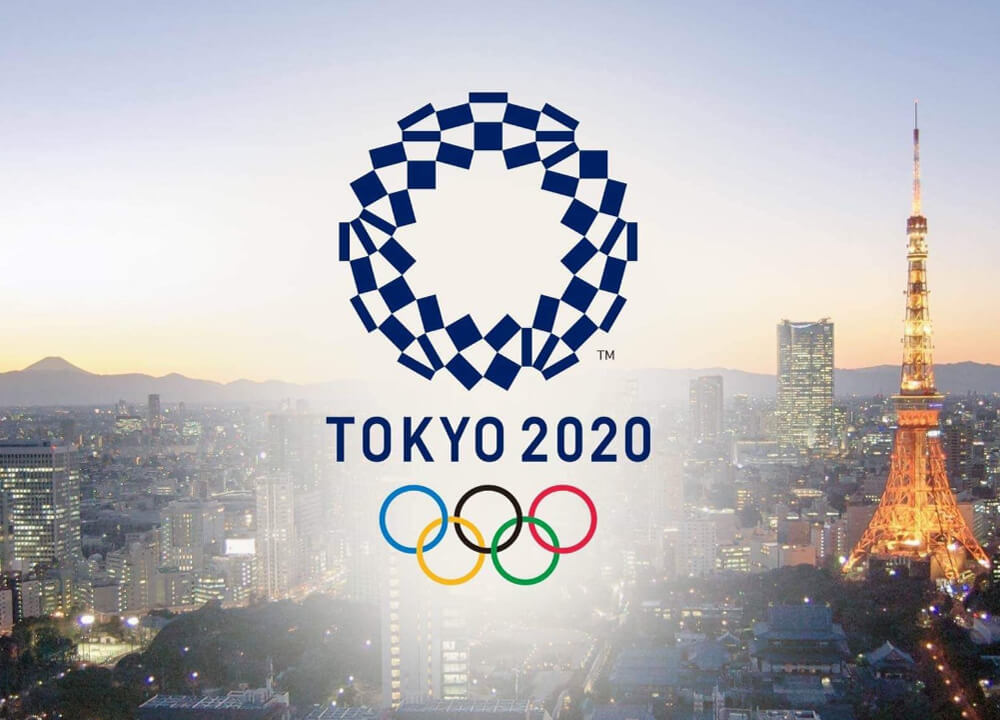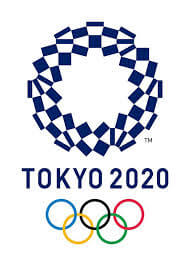Olympic Popes Raise ‘Postponement’ For First Time To Turn Tokyo 2020 Black Smoke To Grey

The International Olympic Committee (IOC) has issued a statement to say that it has moved beyond Plan A of pressing ahead with a July 24 start to the Olympic Games in Tokyo and will start to look at alternatives.
There is no white smoke as yet but the Olympic popes have turned black smoke to grey with the first official mention of “postponement”:
“The IOC will, in full coordination and partnership with the Tokyo 2020 Organising Committee, the Japanese authorities and the Tokyo Metropolitan Government, start detailed discussions to complete its assessment of the rapid development of the worldwide health situation and its impact on the Olympic Games, including the scenario of postponement.”
Their statement came on a day of frenetic action that forces the IOC’s agenda and takes a decision on Tokyo 2020 to a cliff edge:
- The Australian PM Tells His Nation that a travel ban applying to Olympic athletes and other other non-essential travel could last up to six months, and rule out the Tokyo Games
- A USOPC meeting of 300 athletes votes 70% in favour of shift to Tokyo 2021
- Swim legend Michael Gross tells IOC boss Thomas Bach ‘remember Moscow 1980 and go for Tokyo 2021 or 2022 to save Olympic Dreams’
- Chad le Clos is the latest athlete to describe how he is struggling to continue normal preparation for Tokyo 2020
- An IOC Executive Board meeting is due Tuesday
- Tokyo 2020 is said to be working on Plan B, C & D
- French health minister Oliver Véran says he can’t see France sending a team to Tokyo 2020 for a July 24 start.
The IOC statement in full:
 TO SAFEGUARD THE HEALTH OF ALL INVOLVED AND TO CONTRIBUTE TO THE CONTAINMENT OF COVID-19, THE EXECUTIVE BOARD (EB) OF THE INTERNATIONAL OLYMPIC COMMITTEE (IOC) TODAY ANNOUNCED THAT THE IOC WILL STEP UP ITS SCENARIO-PLANNING FOR THE OLYMPIC GAMES TOKYO 2020.
TO SAFEGUARD THE HEALTH OF ALL INVOLVED AND TO CONTRIBUTE TO THE CONTAINMENT OF COVID-19, THE EXECUTIVE BOARD (EB) OF THE INTERNATIONAL OLYMPIC COMMITTEE (IOC) TODAY ANNOUNCED THAT THE IOC WILL STEP UP ITS SCENARIO-PLANNING FOR THE OLYMPIC GAMES TOKYO 2020.
These scenarios relate to modifying existing operational plans for the Games to go ahead on 24 July 2020, and also for changes to the start date of the Games. This step will allow better visibility of the rapidly changing development of the health situation around the world and in Japan. It will serve as the basis for the best decision in the interest of the athletes and everyone else involved.
On the one hand, there are significant improvements in Japan where the people are warmly welcoming the Olympic flame. This could strengthen the IOC’s confidence in the Japanese hosts that the IOC could, with certain safety restrictions, organise Olympic Games in the country whilst respecting its principle of safeguarding the health of everyone involved.
On the other hand, there is a dramatic increase in cases and new outbreaks of COVID-19 in different countries on different continents. This led the EB to the conclusion that the IOC needs to take the next step in its scenario-planning.
A number of critical venues needed for the Games could potentially not be available anymore. The situations with millions of nights already booked in hotels is extremely difficult to handle, and the international sports calendar for at least 33 Olympic sports would have to be adapted. These are just a few of many, many more challenges.
Therefore, further to the study of different scenarios, it would need the full commitment and cooperation of the Tokyo 2020 Organising Committee and the Japanese authorities, and of all the International Federations (IFs) and National Olympic Committees (NOCs). It would also require commitment from, and collaboration with, the Rights-Holding Broadcasters (RHBs) and our TOP Partner sponsors, as part of their continued and valued support to the Olympic Movement, as well as cooperation from all the Games’ partners, suppliers and contractors. It is in this spirit of the Olympic stakeholders’ shared commitment to the Olympic Games, and in light of the worldwide deteriorating situation, that the IOC EB has today initiated the next step in the IOC’s scenario-planning.
The IOC will, in full coordination and partnership with the Tokyo 2020 Organising Committee, the Japanese authorities and the Tokyo Metropolitan Government, start detailed discussions to complete its assessment of the rapid development of the worldwide health situation and its impact on the Olympic Games, including the scenario of postponement. The IOC is confident that it will have finalised these discussions within the next four weeks, and greatly appreciates the solidarity and partnership of the NOCs and IFs in supporting the athletes and adapting Games planning.
The IOC EB emphasised that a cancellation of the Olympic Games Tokyo 2020 would not solve any of the problems or help anybody. Therefore, cancellation is not on the agenda.
After the EB meeting, IOC President Thomas Bach today wrote to the global athlete community to provide them with an explanation of the IOC’s approach.
In the letter, Bach stated once more that safeguarding the health of everyone involved and contributing to contain the virus is the fundamental principle, and said: “Human lives take precedence over everything, including the staging of the Games. The IOC wants to be part of the solution. Therefore we have made it our leading principle to safeguard the health of everyone involved, and to contribute to containing the virus. I wish, and we all are working for this, that the hope so many athletes, NOCs and IFs from all five continents have expressed will be fulfilled: that at the end of this dark tunnel we are all going through together, not knowing how long it is, the Olympic flame will be a light at the end of this tunnel.”
Katherine Grainger, chair of UK Sport and five-time Olympic medallist, responded, saying:
“Given the circumstances, today’s news that the IOC are looking at options to postpone the Olympics was inevitable and the correct decision for the safety of athletes, staff and fans.
“This is clearly a very distressing time for all the athletes, alongside their coaches and support staff who have been working so hard for many years to turn their Olympic dreams into a reality and we will offer any support we can.
“I’d also like to express sympathy to the local organising committee and Japan for whom this will be incredibly challenging and who proved what a fantastic host country they are during the recent Rugby World Cup.
“However, sport has to do whatever it can to support the global effort to prevent the spread of COVID-19 and so we we must maintain a degree of perspective.
“Sport has a wonderful ability to bring people together, creating joy and happiness like few other things and we look forward to being able to draw on this unique power to unite and inspire the nation again soon.”
International Paralympic Committee (IPC) president Andrew Parsons added:
“The IPC and I am certain, the whole Paralympic Movement, fully support the IOC’s decision to look into the potential scenarios regarding the Tokyo 2020 Olympic and Paralympic Games, including postponement.
“Human life is much more important than anything at all, and currently it is vital that everyone, including athletes, stay at home to help prevent the further spread of this horrible disease which is impacting the global community.
“In relation to the Games, the health and well-being of every single person attending is the number one priority and taking this decision is absolutely the right thing to do, considering the unprecedented situation we currently face.
“The next four weeks will provide time to see if the global health situation improves, while giving a window of opportunity to look into different scenarios should the dates of the Games need to be changed.
“As you can imagine, potentially changing the dates of the Olympic and Paralympic Games is a huge logistical challenge, and the IPC will support the IOC every step of the way.”




Deanna Abrego